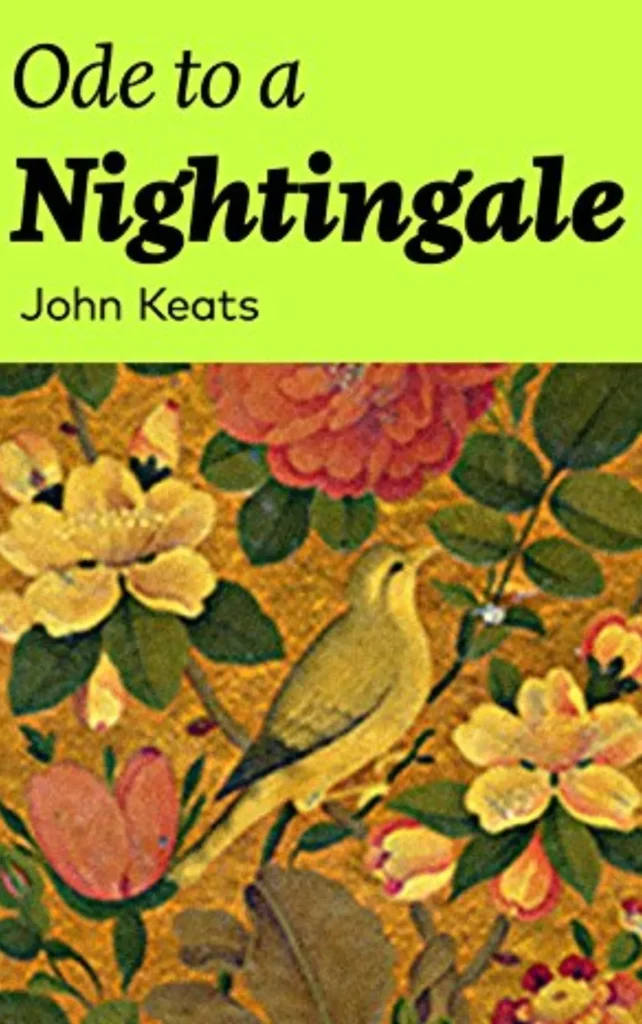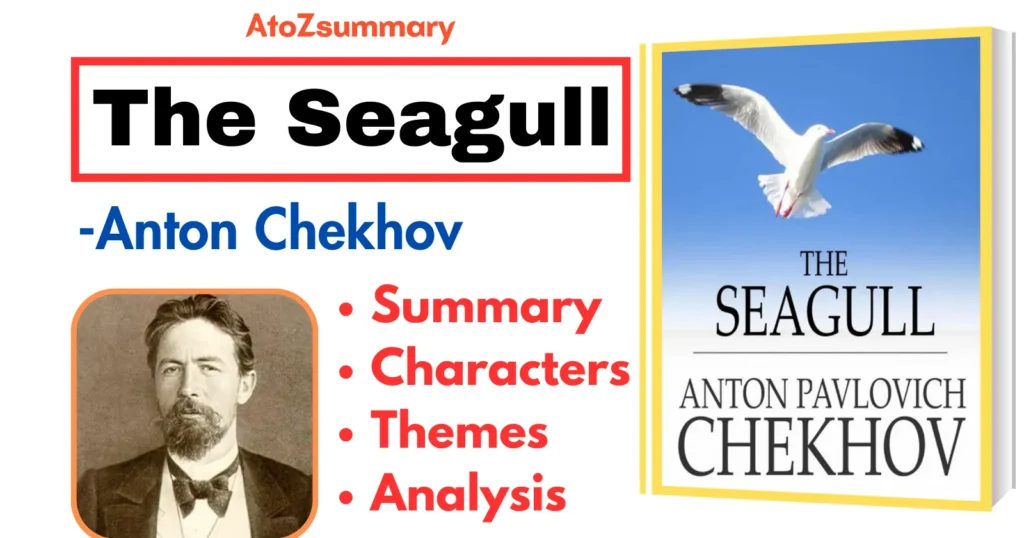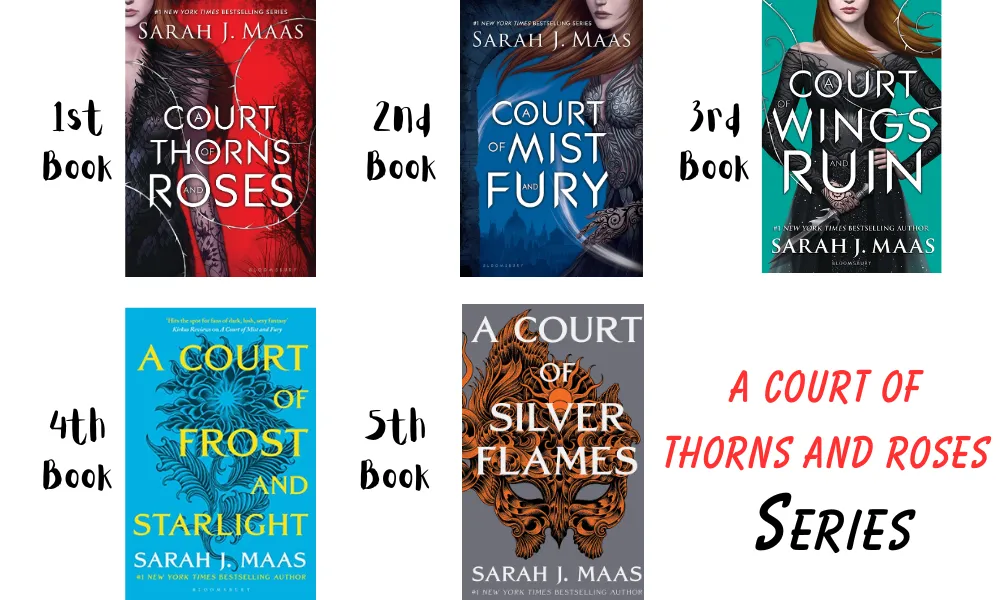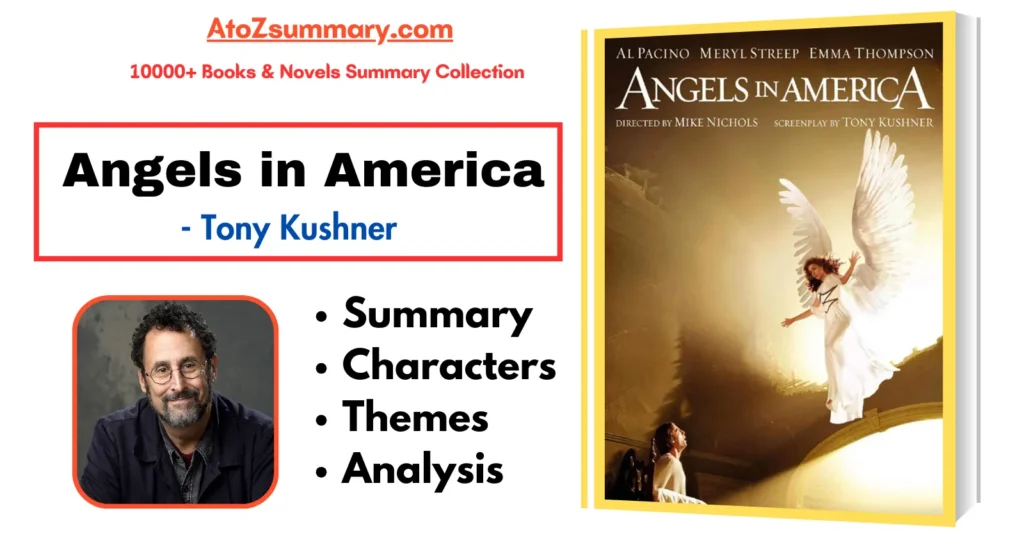About Poem: The Bells
| Title | The Bells |
| Author | Edgar Allan Poe |
| Genre | Poem, Lyrical, and Symbolic |
| Date of Writing | Likely written in 1848, published in 1849 |
| Form | Four stanzas of varying length, each with its own unique rhyme scheme |
| Imagery | Bells, churches, weddings, fires, graveyards |
| Structure | The poem consists of four stanzas, each focusing on different types of bells: silver bells, golden bells, iron bells, and brazen bells. |
| Imagery | The poem is rich in auditory and visual imagery. The ringing of bells is depicted vividly in various moods, from joyful to mournful. |
| Tone | The tone changes throughout the poem, reflecting the various emotions associated with the bells, from happiness and celebration to sorrow and foreboding. |
| Rhyme Scheme | The poem follows an AABB rhyme scheme, with a variation in the final stanza to emphasize the finality of death. |
| Refrain | Each stanza ends with the word “bells,” emphasizing the central theme. |
| Symbolism | The bells are symbolic of different stages of life and emotional experiences. They also symbolize the passage of time and the inevitability of death. |
Themes: The Bells
The themes of “The Bells” by Edgar Allan Poe are:
- The passage of time ➤ The poem describes the different types of bells that ring throughout a person’s life, from the silver bells of childhood to the iron bells of death.
- The different stages of life ➤ The poem also explores the different stages of human life, from the joy and innocence of childhood to the love and happiness of youth, to the conflict and turmoil of adulthood, and finally the sorrow and death of old age.
- The fleeting nature of life ➤ The poem is a reminder that life is short and precious, and that we should cherish every moment.
The Bells Poem
Hear the sledges with the bells
Silver bells!
What a world of merriment their melody foretells!
How they tinkle, tinkle, tinkle,
In the icy air of night!
While the stars that oversprinkle
All the heavens, seem to twinkle
With a crystalline delight;
Keeping time, time, time,
In a sort of Runic rhyme,
To the tintinabulation that so musically wells
From the bells, bells, bells, bells,
Bells, bells, bells
From the jingling and the tinkling of the bells.
Hear the mellow wedding bells,
Golden bells!
What a world of happiness their harmony foretells!
Through the balmy air of night
How they ring out their delight!
From the molten-golden notes,
And all in tune,
What a liquid ditty floats
To the turtle-dove that listens, while she gloats
On the moon!
Oh, from out the sounding cells,
What a gush of euphony voluminously wells!
How it swells!
How it dwells
On the Future! how it tells
Of the rapture that impels
To the swinging and the ringing
Of the bells, bells, bells,
Of the bells, bells, bells, bells,
Bells, bells, bells
To the rhyming and the chiming of the bells!
Hear the loud alarum bells
Brazen bells!
What tale of terror, now, their turbulency tells!
In the startled ear of night
How they scream out their affright!
Too much horrified to speak,
They can only shriek, shriek,
Out of tune,
In a clamorous appealing to the mercy of the fire,
In a mad expostulation with the deaf and frantic fire,
Leaping higher, higher, higher,
With a desperate desire,
And a resolute endeavor
Now-now to sit or never,
By the side of the pale-faced moon.
Oh, the bells, bells, bells!
What a tale their terror tells
Of Despair!
How they clang, and clash, and roar!
What a horror they outpour
On the bosom of the palpitating air!
Yet the ear it fully knows,
By the twanging,
And the clanging,
How the danger ebbs and flows;
Yet the ear distinctly tells,
In the jangling,
And the wrangling.
How the danger sinks and swells,
By the sinking or the swelling in the anger of the bells
Of the bells
Of the bells, bells, bells, bells,
Bells, bells, bells
In the clamor and the clangor of the bells!
Hear the tolling of the bells
Iron bells!
What a world of solemn thought their monody compels!
In the silence of the night,
How we shiver with affright
At the melancholy menace of their tone!
For every sound that floats
From the rust within their throats
Is a groan.
And the people-ah, the peopl
They that dwell up in the steeple,
All alone,
And who tolling, tolling, tolling,
In that muffled monotone,
Feel a glory in so rolling
On the human heart a stone
They are neither man nor woman
They are neither brute nor human
They are Ghouls:
And their king it is who tolls;
And he rolls, rolls, rolls,
Rolls
A pæan from the bells!
And his merry bosom swells
With the pæan of the bells!
And he dances, and he yells;
Keeping time, time, time,
In a sort of Runic rhyme,
To the pæan of the bells
Of the bells:
Keeping time, time, time,
In a sort of Runic rhyme,
To the throbbing of the bells
Of the bells, bells, bells
To the sobbing of the bells;
Keeping time, time, time,
As he knells, knells, knells,
In a happy Runic rhyme,
To the rolling of the bells
Of the bells, bells, bells
To the tolling of the bells,
Of the bells, bells, bells, bells
Bells, bells, bells
To the moaning and the groaning of the bells.
The Bells Summary & Analysis
The Bells” is a renowned poem by Edgar Allan Poe, first published in 1849. This poem consists of four stanzas, and each stanza represents a different stage of human life, marked by the changing sounds and symbolism of bells. Here’s a stanza-by-stanza summary of the poem:
Stanza 1: Silver Bells
The poem begins with a description of “silver bells,” which are associated with joy and celebration. The sound of these bells is described as cheerful and light, and they symbolize the happiness and innocence of youth. Poe conveys a sense of merriment and optimism, with the bells ringing in a “world of merriment.”
Stanza 2: Golden Bells
In the second stanza, the poem takes a darker turn as it introduces “golden bells.” These bells represent the stage of adulthood and maturation, where life takes on a more serious and somber tone. The bells’ sound is deeper and more resonant, symbolizing the weight of responsibilities and the passage of time. There’s a sense of foreboding, as the bells seem to toll for the inevitable burdens that come with age.
Stanza 3: Brazen Bells
The third stanza introduces “brazen bells” that signify the turbulent and chaotic phase of life. The sound of these bells is harsh and discordant, reflecting the tumultuous experiences and challenges that people face. It’s a stage of life filled with turmoil and strife, where the world seems to be in disarray, and the tolling of the bells is almost agonizing.
Stanza 4: Iron Bells
The final stanza features “iron bells,” symbolizing the end of life and the approach of death. The sound of these bells is described as mournful and heavy, and they evoke a sense of dread and finality. The poem concludes with a sense of inescapable mortality, as the iron bells toll relentlessly, leading to the inevitable end of human existence.
FAQs: The Bells
What is the story The Bells about?
The story of “The Bells” by Edgar Allan Poe is about the different stages of human life, from birth to death, as represented by the sounds of different types of bells.
Why was The Bells written?
This poem was written to explore the different stages of human life and the fleeting nature of time
What are the poetic elements of the bells?
The poetic elements of the bells are their sound, symbolism, and evocation of emotion.
Is I Heard the Bells Based on a true story?
No, this poem is not based on a true story. It is a fictional poem that explores the different stages of human life through the symbolism of bells.











